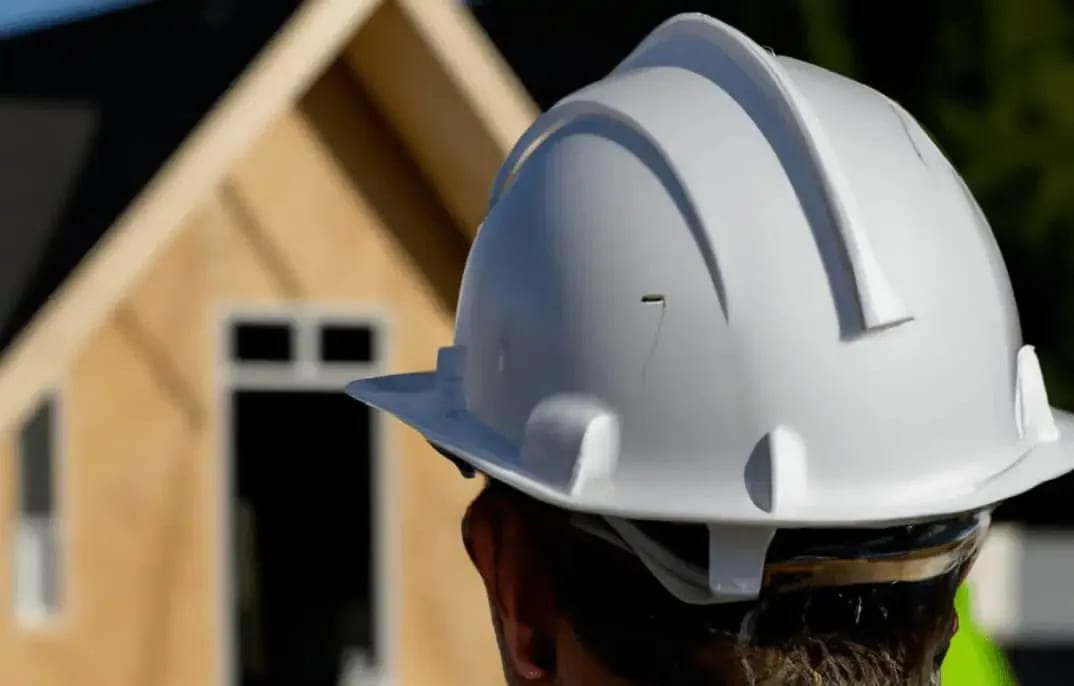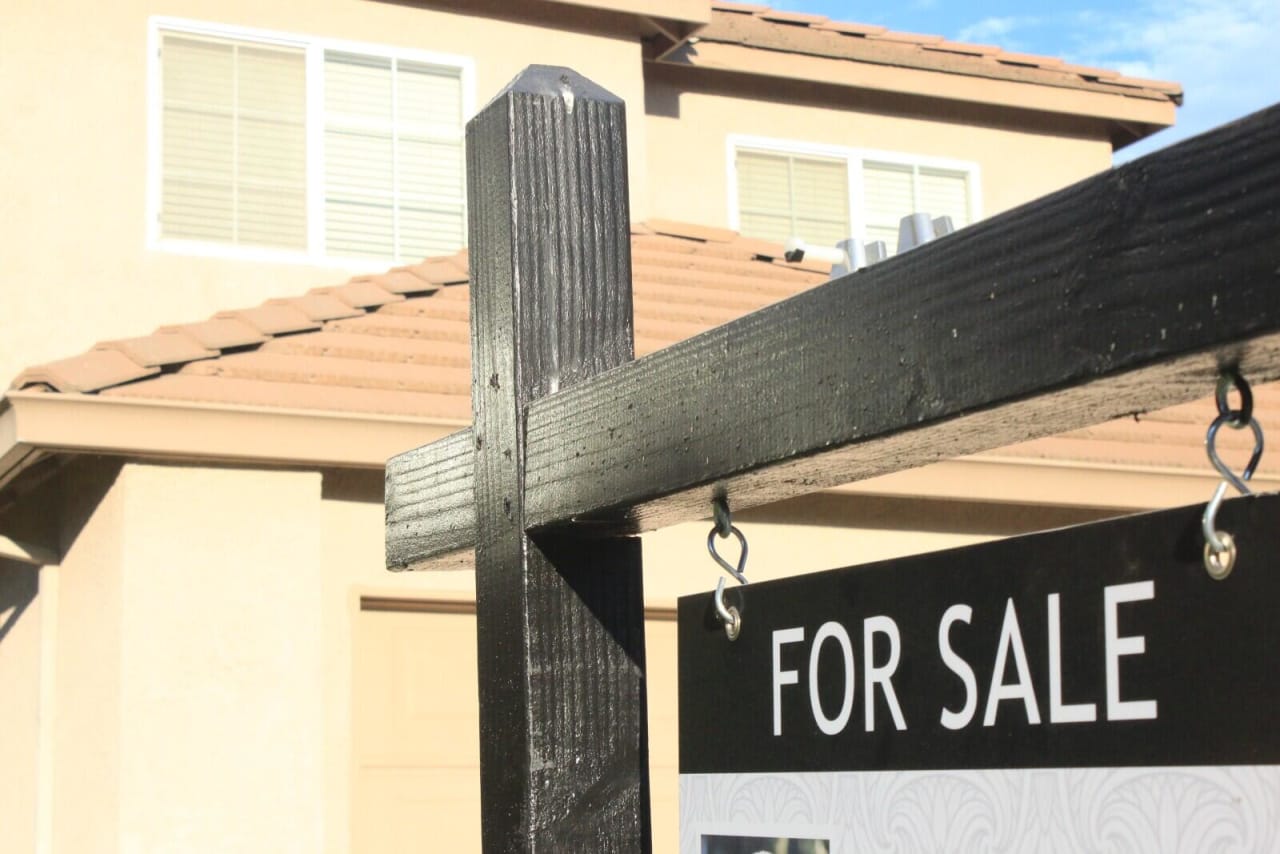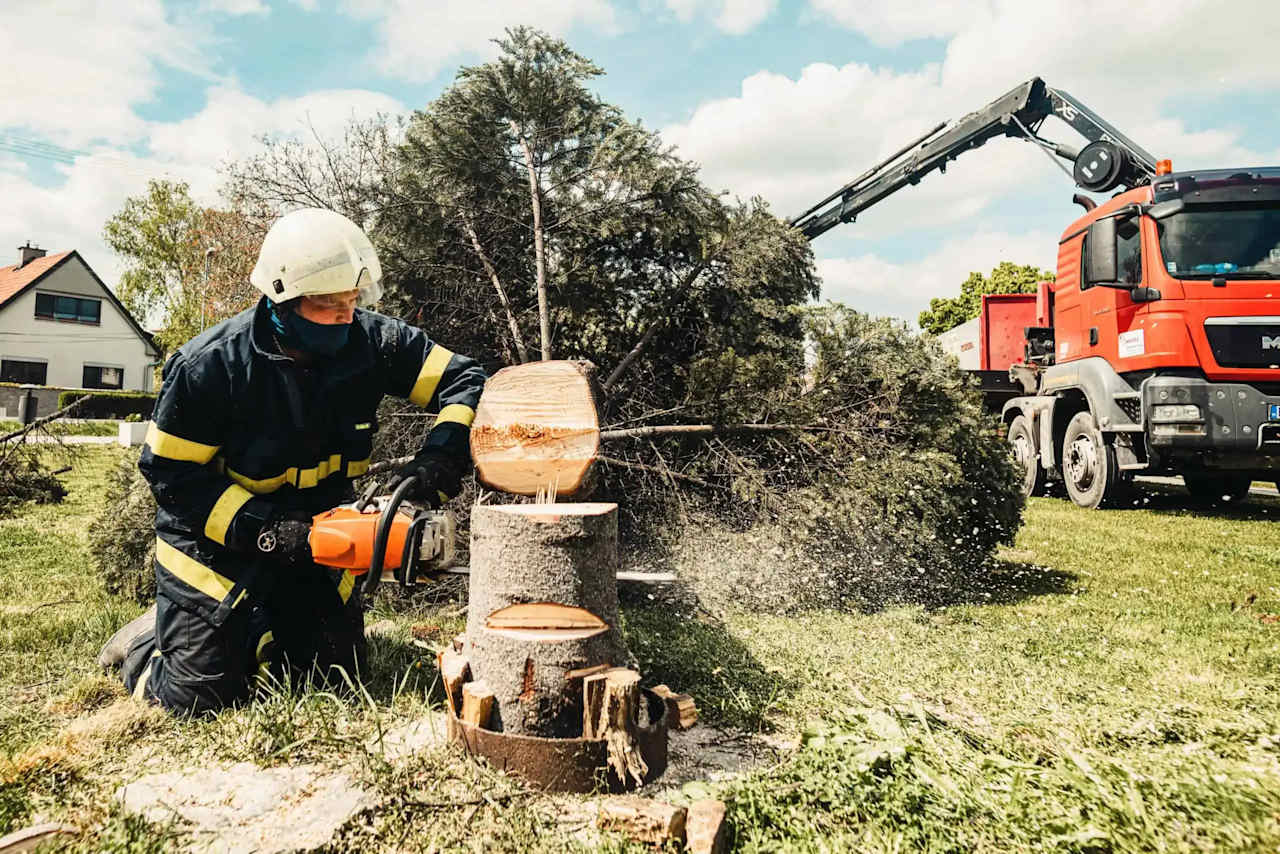The home-buying process might seem like it’s going swimmingly at times. Then you go to get your house inspected, and there’s a hitch.
Professional home inspectors must be objective and provide their services for the same price no matter what they find. As a result, they have nothing to gain by giving you anything less than an accurate report that will allow you to make an educated choice.
Depending on the house inspection results, backing out after the home inspection without incurring any additional costs may be possible. This is known as the inspection contingency back out. Despite your desire to save the transaction, abandoning it may be in your best interest.
Unsure of the best time to bail on a property after a bad home inspection for the buyer? During the house-buying process, the home inspection is a crucial checkpoint. After this, the next and last stage is to negotiate the terms of the agreement and finalize the transaction.
Don’t forget that each potential buyer has their own standards for what deal breakers will cause them to back out. The deciding factor here is how much money, effort, and time you are willing to invest into the house. However, some problems are more worrisome than others, so keep reading on to find out when it’s best to walk away after a home inspection.
What An Inspection Is and Isn’t
Having a firm grasp on what a home inspector is allowed to uncover and what they are not can help you set reasonable expectations. Because of the limited scope of a home inspection, it will not provide as much information as some may want. For example, inspecting blocked pipes for damage, checking for radon, assessing mold growth, or valuing foundation problems requires the services of a specialized inspector. More on what home inspectors are not allowed to do
here.
Several misconceptions also float around about
what happens during an inspection. Is there a plan B if the house fails the inspection? First off, understand that the house inspection is not a graded exam.
The house inspection itself won’t be a pass or fail, but there may be additional inspections, such as those performed by the city, that are.
Most of the house’s framework and systems will be checked
during the home inspection. The work of a home inspector is to uncover any potential flaws lurking under the surface of a house that might end up costing thousands of dollars once they manifest. The inspector will examine all of the home’s appliances and record their ages and conditions.
This part of the examination ought to tell you whether your house’s electrical system is on its last legs or operating correctly. The inspector must also make a comprehensive inventory of the home’s appliances.
One of the most crucial aspects of the report is for the inspector to check out the roof. The home inspector will inspect the ceilings for water damage and the foundation for cracks and other signs of structural damage. Foundation issues are incredibly costly to rectify, so keeping an eye out for any warning signals is essential.
Also, the inspector will be on the lookout for evidence of pests like insects and rats because they may indicate a major issue that may be costly to fix.
A buyer will get valuable insight into the damage to the house after inspection. Home inspections are like a checklist for the house; the inspector will go over each room and point out any potential problem areas, whether they be maintenance-related, aesthetic, or even life-threatening. The home inspection aims to uncover and display such issues for the buyer.
How To Interpret An Inspection Report
After finishing the house inspection, a qualified professional should provide you with a comprehensive written report of their findings, preferably including photographs. You shouldn’t freak out simply because your house inspector detected a few electrical issues.
Homes include intricate components and systems. However well-built a property may be, it is not unusual for problems to emerge during a home inspection. In general, older homes are more prone to problems.
Your home inspection isn’t meant to tell you whether or not your house passes or fails but rather offer you a thorough picture of the state of your home and its components. With this information in hand, you’ll be able to make a more educated decision about whether you have enough reasons not to buy a house after inspection.
An inspection report might be a bargaining chip for a lower price. It’s possible, for instance, that you may get a price reduction that’s on par with the money it takes to fix it. Some appliances may not be included, which is another way to save money.
A negotiation with the sellers might be necessary to have the work done before you buy the house. This is more probable if it is a minor issue.
Some properties are sold as-is, meaning that you’ll be responsible for fixing any issues that arise after you move in. This often happens when the homeowner is aware of the house’s flaws but has no intention of repairing them.
Before you commit to buying the house, you should utilize the inspection to determine how serious any issues are.
What Do Special Inspection Reports Say?
If you have any unusual issues with your property that you need further information on, it is best to hire a special inspector.
In general, home inspectors lack specialization. Employ a roof specialist, for example, to double-check an inspector’s findings if they see anything but aren’t qualified to explore it alone. Return to the house and give it that extra scrutiny you know you’ll need.
If a home inspector discovers, for instance, tiny holes in the basement that might represent termite damage but could also be the result of natural wear and tear, the home buyer should seek the opinion of a pest and termite specialist.
Assume that your plumbing fails inspection. This is a great opportunity to have a plumbing specialist come out and take a look. In this instance, you have the chance to find out all there is to know about the plumbing in the house. If the skilled plumber gives you a bleak assessment, you’ll have additional information upon which to base your decisions.
The same applies to structural issues. Get a site inspection specialist to have a look around. Before walking away from your dream home, knowing precisely what it is you’re getting into is wise.
What Should Be Done After An Inspection
Any problems in a house inspection report should prompt the seller to make the necessary repairs or the buyer to receive a credit at the buyer’s discretion. A seller credit may help with the closing expenses but will not affect the down payment. Sellers serious about moving should be amenable to reasonable demands for repairs.
A sensible seller should anticipate particular demands from the buyer after the inspection, mainly if the work that needs to be done is routine maintenance that the seller has been putting off.
Since repairs take so long to complete, significant renovations are often overlooked. In most cases, the sellers are in a hurry to move, so if the property needs extensive repairs, that might mean a price reduction.
The current owners usually take care of minor repairs, particularly after a house inspection.
A real estate agent from Happen Houston can assist you in making demands that the sellers may be more receptive to if you are unclear about what constitutes a fair request in your particular situation.
Can I Back Out Of Buying A House After Inspection?
When a house inspection turns up too many problems, it’s not unusual for the home buyer to back out of the deal. When to walk away from a house is ultimately up to you and depends heavily on how well you understand and are prepared to deal with what the inspection revealed.
However, if the house is otherwise appealing and represents a reasonable value, even major red flags may not dissuade you from making an offer. Assuming the seller is unwilling to make any repairs, everything hinges on how much additional money you’re prepared to put into the home.
During the inspection period, even if the home is being sold as-is, you have the right to request any repairs you see necessary. Whether or not the property owners will carry out the essential maintenance is another matter entirely.
Before purchasing a house, discuss the purchase price and necessary repairs with the seller. The decision, however, rests solely with them. Many homeowners are willing to fix minor issues, but major renovations are usually out of their league.
It is best to negotiate coverage to avoid paying for the repairs out of pocket. An expert has made everyone involved in the deal aware of the issue, giving you some bargaining power with the house inspector’s findings.
Homes needing extensive repairs may have their asking prices lowered to reflect this. The problem is that homeowners don’t want to be inconvenienced for an extended period by lengthy repairs, so they don’t always pay for them. For this reason, time is also crucial.
Consider consulting a contractor for an estimate if the seller refuses to budge on the price. After that, you’ll be able to determine whether you want to buy the home.
You may be able to do specific maintenance tasks on your own to save money instead of hiring a professional. If your home inspection report lists minor issues that may easily be fixed, you may not need to worry too much.
You are, of course, free to get out of the deal if the estimated cost of the repairs exceeds your interest in the house.










